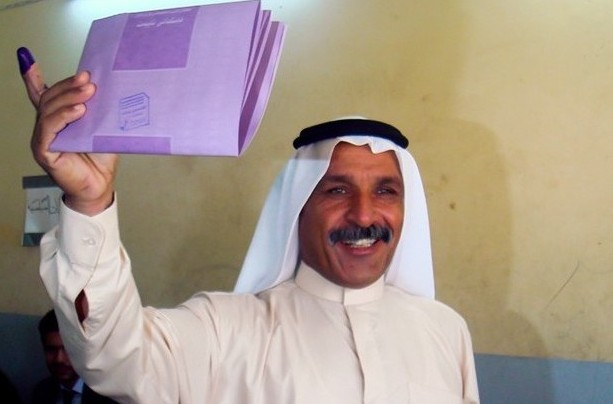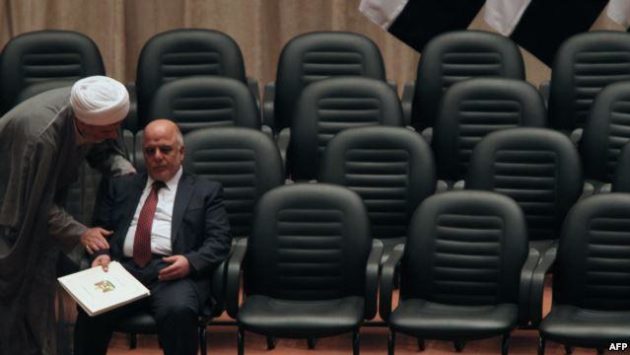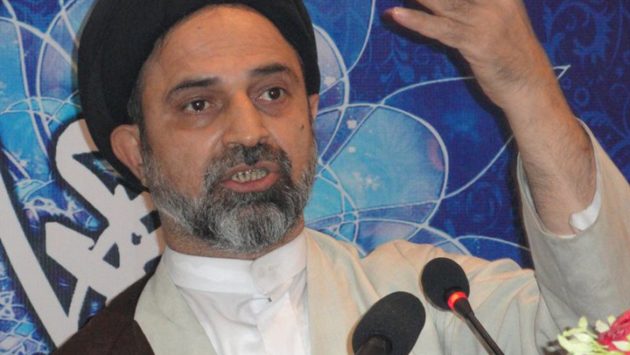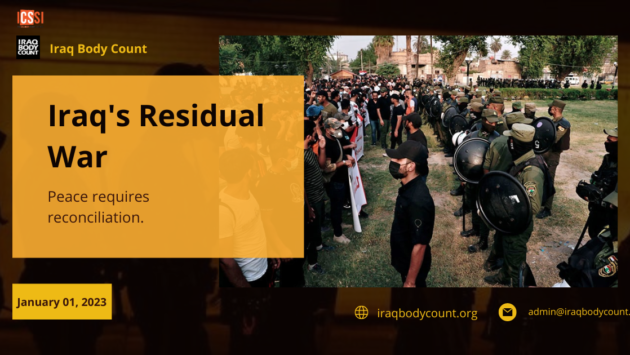Iraqi Elections: the silent majority and a new wave of violence
The Iraq Civil Society Solidarity Initiative (ICSSI) Written by: Ismaeel Dawood and Terry Kay Rockefeller , May 2013
Boycotts and Protests
Provincial elections were held in two thirds of the Iraqi governorates this year on the 20th of April. The central government chose to postpone elections in Anbar and Ninevah, the two governorates that have been the site of major anti-government protests. The deeply divided governorate of Kirkuk has never held provincial elections. In addition, Duhok, Erbil and Sulaymaniyah, the three governorates that comprise the Kurdistan Region, conduct their local elections on a different schedule. Examination of the results of these elections, the first provincial elections since the withdrawal of US troops from Iraq, reveals a great deal about what Iraqis are feeling at this critical moment in the history of their nation.
In all 12 of the 18 governorates where citizens went to the polls, participation was extremely low; less than 50% of those eligible to vote actually cast ballots. In Baghdad, the turnout was only 33%! A “silent majority” of Iraqis chose to boycott the elections as a way of protesting the political crises and sectarian tensions that Iraqi is currently facing. Other Iraqis chose to protest by handing in blank ballots or in more “creative” ways such as writing in the name of their favorite football team. This latter tactic was especially popular among young Iraqis. Unfortunately these “negative” protest tactics in the end achieve little in terms of ousting the current corrupt, sectarian regime. At best they are a way for people to express their frustration and hopelessness that there are few good alternatives to the sectarian and Islamist parties that have dominated Iraqi politics since 2003.
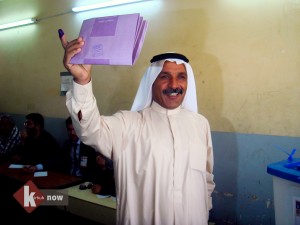
Hope for Change
But others, even though they are still a minority, tried to express their desire for change – especially an end to sectarianism and corruption, reform of the judicial system, and respect for human rights – as they cast their votes. They had some significant successes. What made their victories possible was a change in the provincial election law, which had been heavily biased in favor of “big lists” – the lists of candidates from the large, established parties. Reform of the election law was the hard-won result of civil society activists whose campaigns, like “Do not steal my voice”, which was launched in 2012 by 40 NGOs, succeeded in pushing the Iraqi parliament to make changes. The new rules to calculate and distribute seats in the provincial councils give the “small lists” a greater opportunity to win seats and become part of the political process. Indeed, lists representing very local parties, along with some civil and secular parties captured 130 out of the total 378 seats in the provincial councils. The civil and democratic list led by the Iraqi Communist Party and other leftists won a total of 10 seats.
The traditional powers and parties also won seats, however. The State of Law Coalition (led by al-Maliki) was a winner and loser at the same time! Al-Maliki’s coalition won the largest number of seats: 97. But consider this; that is 29 fewer seats than the coalition won in the previous elections in 2009, and al-Maliki’s party, the Dawa Party, received only a small minority of the votes going to the coalition. The al-Muwatin Coalition (led by al-Hakim) came in second but is actually considered a winner since it increased the number of its seats to 60. The al-Ahrar-Sadrist Movement (led by Muqtada al-Sadr) came in third with 44; while Motahdon (led by al-Nujaifi) and al-Iraqya (led by Allawi) combined came in fifth with 40.
Still the victories of the “small lists” can create a new reality in the provincial councils. The newly elected political parties can have an impact on how issues are framed and on what legislation is proposed and passed. The challenge now is to maintain pressure for expanding political participation and allowing more new voices from new parties to be heard and to win elections. The successful strategies that civil society used must be employed again. Positive energy for change must be maintained during the national parliamentary elections coming in January 2014.
Renewed Violence Shows the Iraqi Government has Learned Nothing
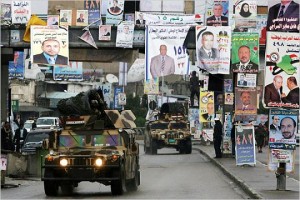
The choice of the Iraqi government to postpone elections in Anbar and Ninevah governorates was widely criticized by Iraqis and the international community. The failure to ever conduct local elections in Kirkuk prolongs the crisis there. When some governorates do not participate in local electoral politics it creates divisions among Iraqis, further fracturing the sense of national unity. Leaders in Baghdad made an unwise and destructive response to the increase in anti-government protests in western and northern Iraq.
Iraqis have suffered terribly from the violence of war and sectarian conflict during the past 10 years. That the government chose to employ violence again, calling in the Iraqi army to suppress the protests is shameful. In Hawija, which is in the governorate of Kirkuk, clashes with security forces led to a massacre that left more than 50 peaceful protesters dead and increased sectarian tensions spurring fears of new sectarian war. The government crackdown gave extremist groups justification for their own violent tactics and their claim that violence is the only way to overthrow the existing government.
What is needed instead is evidence that the government can be transformed nonviolently. What is needed is for more political parties promoting programs and policies that the people support to enter the political arena. All Iraqis must have an opportunity to express their wishes at the polls. The political system in Iraq must be liberated from the parties that are fostering sectarianism and conflict, so that democracy can grow.

